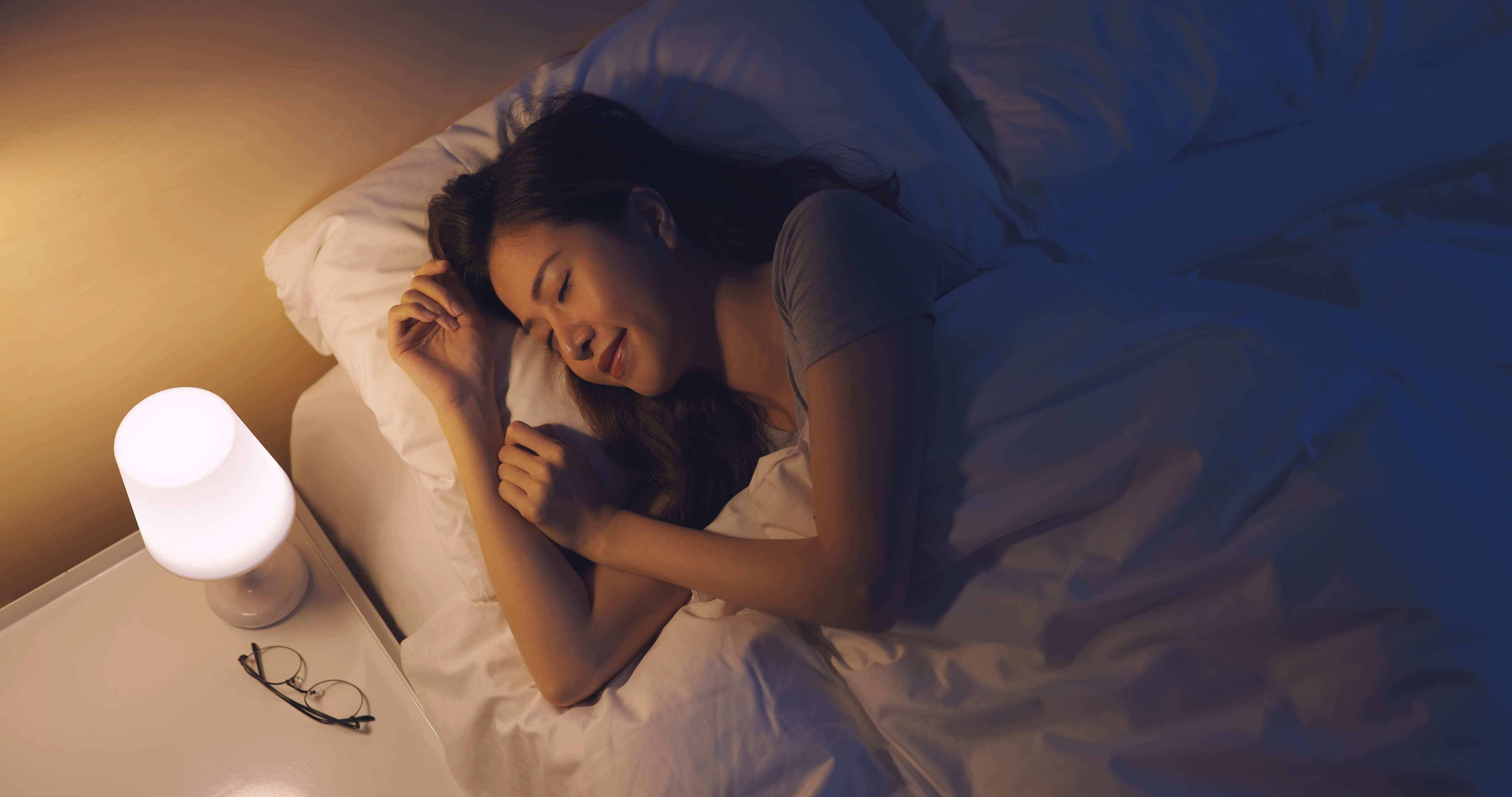Like drugs and alcohol, certain things should not be mixed. Stress and drinking can be a similarly toxic combination that has unfortunately become normalized. Studies suggest that individuals who claim to have high levels of stress show a propensity toward using alcohol consumption to mask their worries, according to a report by the National Institute on Alcohol Abuse and Alcoholism (NIAAA). When a person becomes reliant on alcohol to manage uncomfortable feelings, a dangerous stress drinking cycle begins.
Stress Leads to Drinking
People have different reasons for drinking. Some associate the activity with socializing or celebrating, while others turn to alcohol to deal with outside pressures or responsibilities. The National Institute on Alcohol Abuse and Alcoholism defines stress as “anything that challenges the body’s ability to function in its usual fashion, heightening feelings of anxiety, anger, fear, excitement, or sadness.” Stress manifests in several forms and can be caused by day-to-day stressors as well as traumatic events. While drinking may provide temporary relief, using alcohol as a coping mechanism for stress can have disastrous long-term consequences.
One group that knows the pitfalls of drinking to alleviate stress all too well is college students. Due to the different types of pressure they face, they are more likely to develop a substance use disorder. It’s widely known that young adults drink socially on college campuses, however, it’s not just because they like to party. The primary reason students drink is to combat unstable, negative emotions. Researchers from Penn State University instructed freshman students in college to record their drinking activity and any instances of stress in a journal, discovering that students who noted more daily stressors were more inclined to drink. Students were eight percent more likely to drink every time an additional stress trigger was introduced. The researchers also found that the individuals who drank more on high-stress days were more at risk of developing alcoholism by their senior year.
Alcoholic beverages may help some people relax, but drinking alcohol to cope with stress is not advisable. Doing so can cause individuals to mistakenly turn to alcohol as a mood enhancer and a crutch for dealing with real-world issues. This mentality perpetuates the stress drinking cycle and leads to a greater risk of alcoholism.
Drinking Alcohol Increases Stress
While many use alcohol as an escape from stress and triggers, drinking just ends up causing greater stress in the short and long term. Alcohol abuse has many negative consequences including:
- Poor school or work performance
- Strain on familial and romantic relationships
- Financial troubles
- Loss of interest in passions or hobbies
- Low motivation
Alcohol misuse tends to further intensify the stressful triggers that caused the individual to drink in the first place.
Aside from altering behavior and interpersonal relationships, alcohol puts stress on the mind. This phenomenon is so common that the colloquial term “hangxiety” has become more widely used to describe feelings of anxiety during a hangover. These feelings could stem from mixing alcohol with medications or regretting a decision made while drunk the night before. Drinking triggers stress because as alcohol is removed from the body, blood sugar levels fall, leading to symptoms of anxiety.
An article for the Research Society on Alcoholism demonstrates that alcohol also places more pressure on the body in physiological terms by increasing levels of cortisol, a hormone the body naturally generates when stressful events occur. Though cortisol can be beneficial in smaller amounts, high levels of the hormone can have damaging side effects. These include inflammation, spikes in blood sugar, high blood pressure, and diminished cognitive abilities. The same study found that people who abuse alcohol display higher concentrations of cortisol while they’re intoxicated. When the presence of cortisol throughout the body becomes chronic, individuals may suffer from central nervous system and organ damage.
Managing Stress and Alcohol Abuse
When it comes to managing your stress, clinical counseling is vital. Cognitive-behavioral therapy (CBT) and Motivational Interviewing (MI) are examples of clinical treatment offerings that are helpful for people struggling with anxiety, stress, and alcoholism. CBT is a form of psychotherapy that focuses on how emotions influence behavioral patterns. People afflicted by co-occurring disorders may also favor MI, a counseling technique centered on encouraging the client to set and accomplish goals.
Additionally, those struggling with alcohol use and mental health disorders can try holistic therapies such as yoga and meditation to help alleviate feelings of anxiety and stress. For people who need extra support, AA meetings can provide them with a caring community and guidance they need.
If you or a loved one is struggling with addiction, Mountainside can help.
Click here or call (888) 833-4676 to speak with one of our addiction treatment experts.

 By
By 







